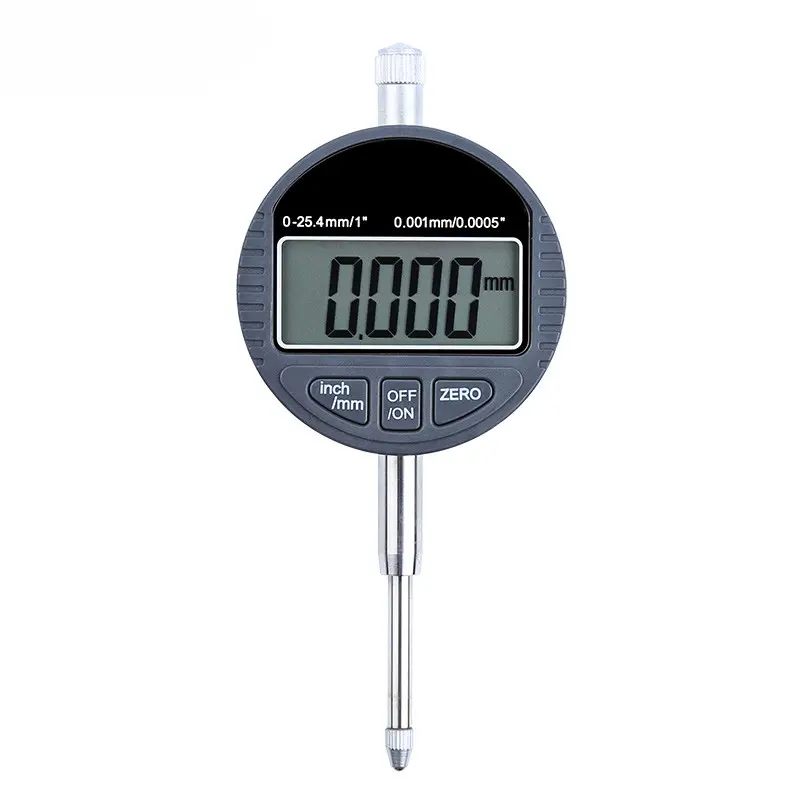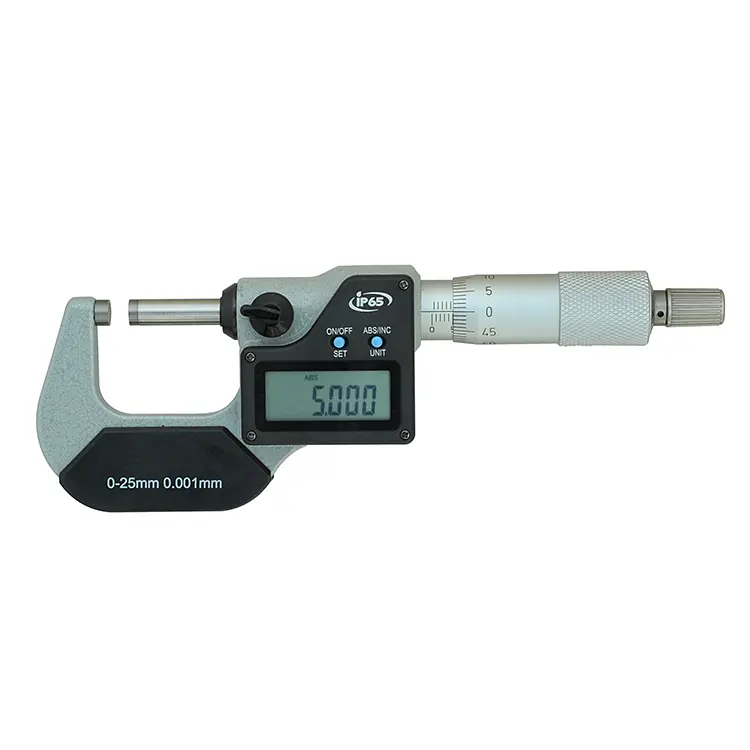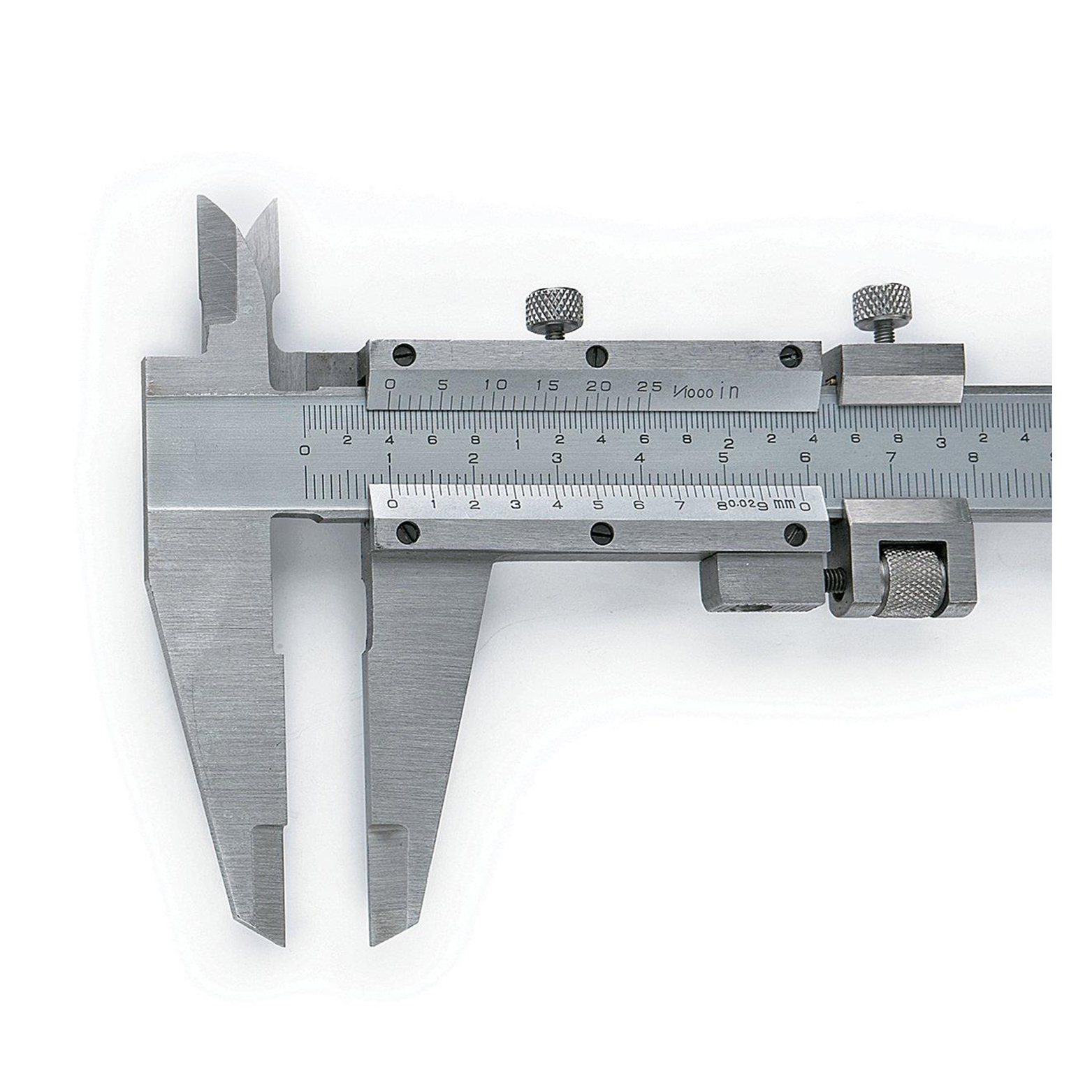rotary table Manufacturer
A rotary table is a precision work positioning device used in machining, inspection, and assembly. Selecting the right rotary table manufacturer involves considering factors like accuracy, load capacity, customization options, and after-sales support. This guide provides detailed insights to help you choose the best rotary table manufacturer for your specific needs.
Understanding Rotary Tables
A rotary table is a crucial component in various industrial processes. It allows for precise and controlled rotation of a workpiece, enabling machining operations to be performed at different angles without repositioning the part. This increases efficiency and accuracy, making it indispensable in industries such as aerospace, automotive, and medical device manufacturing.
Types of Rotary Tables
Rotary tables come in several types, each designed for specific applications:
- Manual Rotary Tables: These are operated manually, typically with a handwheel. They are suitable for light-duty applications where high precision isn't critical.
- NC (Numerical Control) Rotary Tables: These tables are controlled by a CNC machine, allowing for automated and precise positioning. They are ideal for complex machining operations.
- Hydraulic Rotary Tables: These use hydraulic power to rotate and clamp the workpiece. They offer high torque and load capacity, making them suitable for heavy-duty applications.
- Tilting Rotary Tables: These can tilt the workpiece in addition to rotating it, providing even greater flexibility for machining complex geometries.
- Direct Drive Rotary Tables: These offer high accuracy and speed, featuring direct drive motors that eliminate backlash and improve dynamic performance.
Key Considerations When Choosing a Rotary Table Manufacturer
Selecting the right rotary table manufacturer is critical to ensuring the success of your machining operations. Here are the key factors to consider:
Accuracy and Precision
The accuracy of a rotary table is paramount. Look for manufacturers that provide detailed specifications on accuracy, repeatability, and resolution. Consider the specific tolerances required for your applications and choose a table that meets those needs. Accuracy is often measured in arcseconds.
Load Capacity
The rotary table must be able to handle the weight of your workpiece and any tooling attached to it. Ensure that the manufacturer specifies the maximum load capacity of the table and that it exceeds your requirements. Consider both static and dynamic load capacities.
Customization Options
Many applications require custom rotary table solutions. Choose a manufacturer that offers customization options, such as different table sizes, motor options, and control interfaces. This ensures that the table is perfectly tailored to your specific needs.
Control System Integration
The rotary table needs to seamlessly integrate with your existing CNC machine or control system. Ensure that the manufacturer offers compatible control interfaces and can provide support for integration. Common interfaces include Ethernet/IP, Profinet, and EtherCAT.
Durability and Reliability
A rotary table is a significant investment, so it's important to choose a manufacturer known for producing durable and reliable products. Look for tables with high-quality bearings, robust construction, and proven performance. Contact Wayleading Tools at www.wayleading.com for reliable and durable solutions.
After-Sales Support
Comprehensive after-sales support is essential. Choose a manufacturer that offers prompt technical support, spare parts availability, and maintenance services. This ensures that you can quickly resolve any issues and minimize downtime.
Top Rotary Table Manufacturers
While a comprehensive list is always evolving, here are some well-regarded rotary table manufacturers known for quality and innovation. (Note: Mentioning competitors without direct linking.)
- Lehmann
- Kitagawa
- Nikken
Choosing the Right Rotary Table: A Step-by-Step Guide
Follow these steps to select the ideal rotary table for your application:
- Define Your Requirements: Determine the required accuracy, load capacity, speed, and control system compatibility.
- Research Manufacturers: Identify potential manufacturers and review their product offerings and customer testimonials.
- Request Quotes: Obtain quotes from several manufacturers, providing detailed specifications of your requirements.
- Evaluate Options: Compare the quotes, considering not only the price but also the quality, features, and support offered.
- Conduct a Site Visit (If Possible): Visit the manufacturer's facility to assess their capabilities and quality control processes.
- Make Your Decision: Choose the manufacturer that best meets your needs and budget.
The Future of Rotary Tables
The field of rotary table technology is constantly evolving. Emerging trends include:
- Increased Use of Direct Drive Motors: Direct drive motors offer higher accuracy, speed, and efficiency.
- Integration with Smart Manufacturing Systems: Rotary tables are increasingly being integrated with IoT and cloud-based platforms for remote monitoring and control.
- Development of More Compact and Lightweight Designs: Manufacturers are focusing on creating tables that are easier to integrate into smaller machining centers.
Troubleshooting Common Rotary Table Issues
Even with high-quality rotary tables, issues can sometimes arise. Here are some common problems and how to address them:
- Inaccuracy: Check for loose components, worn bearings, or calibration issues.
- Vibration: Ensure that the table is properly mounted and balanced.
- Control System Errors: Verify the communication between the table and the CNC machine.
Rotary Table Maintenance Tips
Proper maintenance is essential to prolong the life of your rotary table:
- Regular Lubrication: Follow the manufacturer's recommendations for lubrication.
- Cleanliness: Keep the table clean and free from debris.
- Inspection: Regularly inspect the table for any signs of wear or damage.
Rotary Table Specifications Example
| Specification | Value |
|---|---|
| Table Diameter | 250 mm |
| Max. Load Capacity | 200 kg |
| Accuracy | ± 15 arcsec |
| Repeatability | ± 5 arcsec |
| Maximum Speed | 50 RPM |
Conclusion
Choosing the right rotary table manufacturer requires careful consideration of your specific needs and the capabilities of different manufacturers. By following the guidelines outlined in this article, you can make an informed decision and select a rotary table that enhances the efficiency and accuracy of your machining operations. Contact Wayleading Tools at www.wayleading.com for expert advice and high-quality rotary table solutions.
Disclaimer: This article is for informational purposes only. Always consult with a qualified engineer or manufacturer before making any decisions about rotary table selection or application.
Related products
Related products
Best selling products
Best selling products-
 Precision 8pcs & 9pcs Angle Blocks Set With High Quality Type
Precision 8pcs & 9pcs Angle Blocks Set With High Quality Type -
 Precision V Block And Clamps Set With High Quality Type
Precision V Block And Clamps Set With High Quality Type -
 HSS Metric & Inch Dovetail End Mill With 45 And 60 Degree For Industrial
HSS Metric & Inch Dovetail End Mill With 45 And 60 Degree For Industrial -
 Partial profile 55° Threading Insert With ER & IR Type
Partial profile 55° Threading Insert With ER & IR Type -
 Precision V Block Set With High Quality Type
Precision V Block Set With High Quality Type -
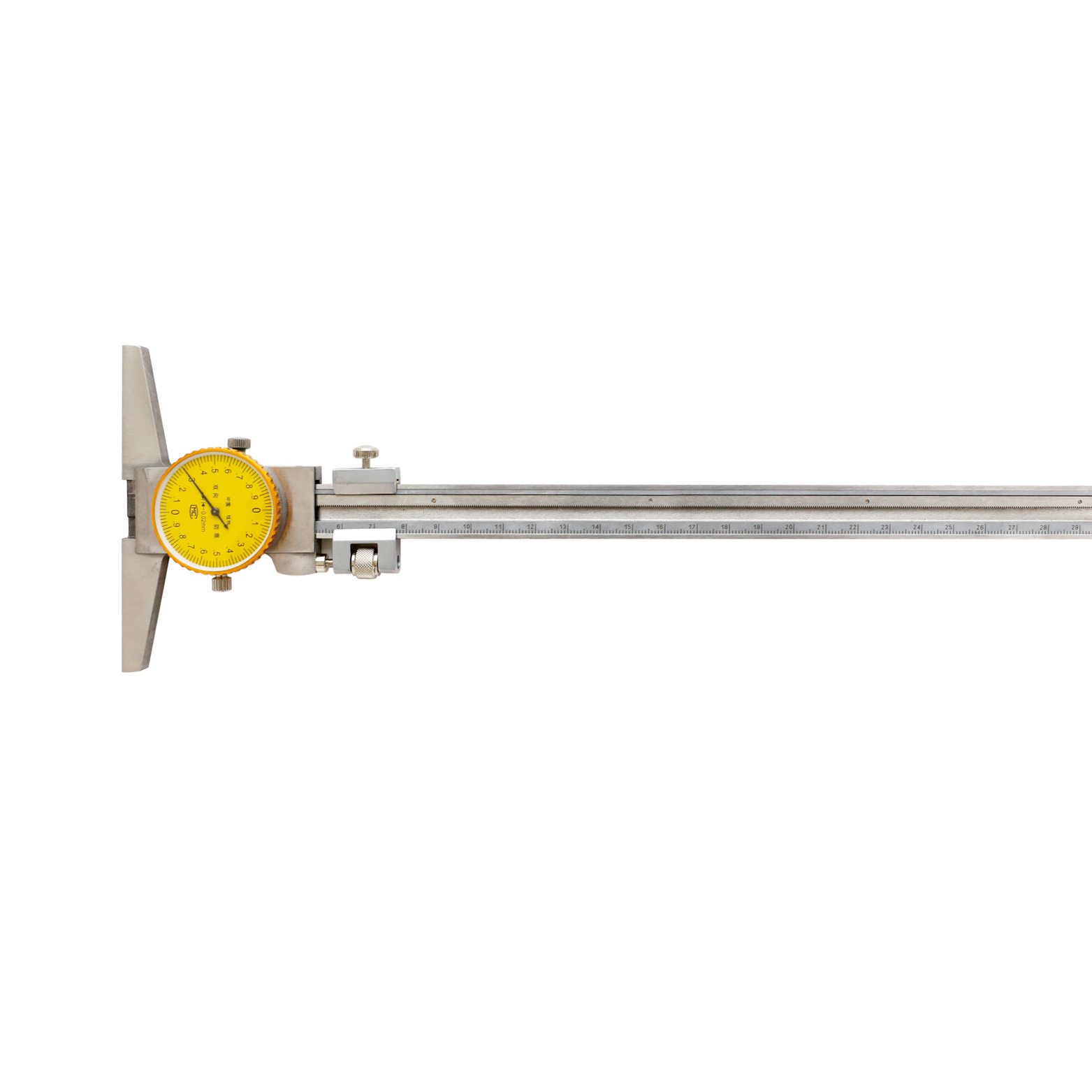 Dial Depth Gauge With Stainless Steel For Industrial Type
Dial Depth Gauge With Stainless Steel For Industrial Type -
 Precision Monoblock Fine-Adjustment Vernier Caliper Of Metric & Imperial For Industrial
Precision Monoblock Fine-Adjustment Vernier Caliper Of Metric & Imperial For Industrial -
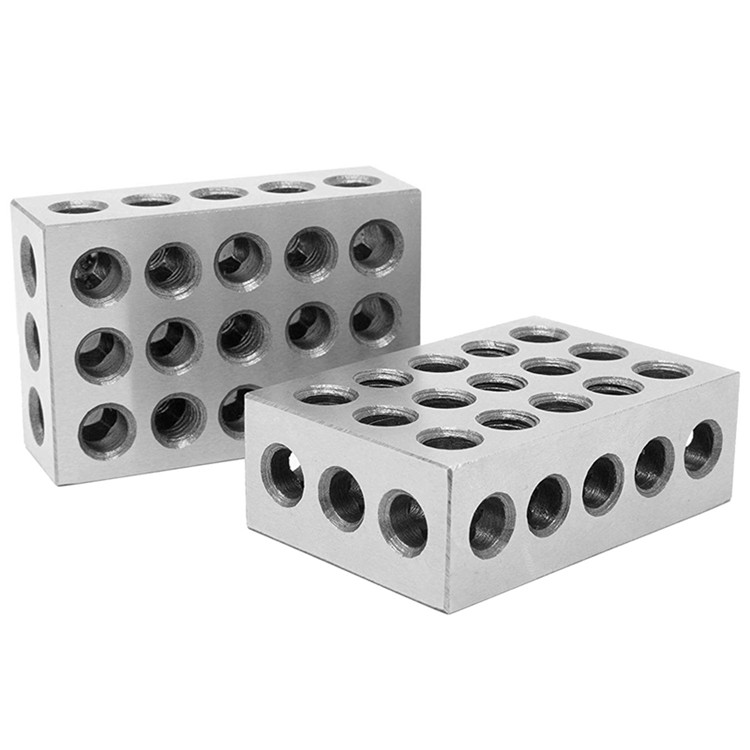 Precision 1-2-3, 2-3-4 or 2-4-6 Block With 1 And 11 And 23 Or None Hole
Precision 1-2-3, 2-3-4 or 2-4-6 Block With 1 And 11 And 23 Or None Hole -
 Precision Straight Shank To Morse Taper Adapter
Precision Straight Shank To Morse Taper Adapter -
 HSS Metric & Inch Woodruff Keyseat Cutter With Straight Or staggered Teeth
HSS Metric & Inch Woodruff Keyseat Cutter With Straight Or staggered Teeth -
 HSS Shell End Mill Cutter With Bright & TiN Or TiAlN Coated
HSS Shell End Mill Cutter With Bright & TiN Or TiAlN Coated -
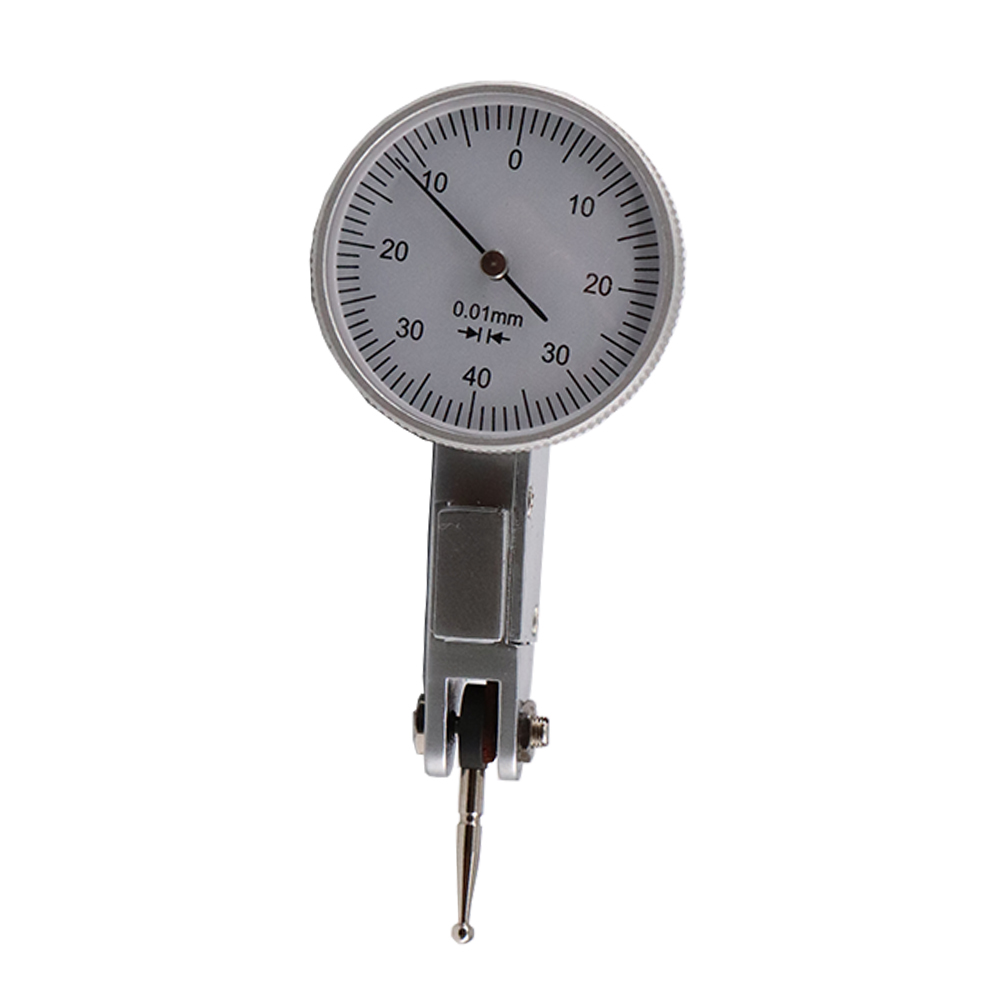 Precision Dial Test Indicator Gage For Industrial
Precision Dial Test Indicator Gage For Industrial


